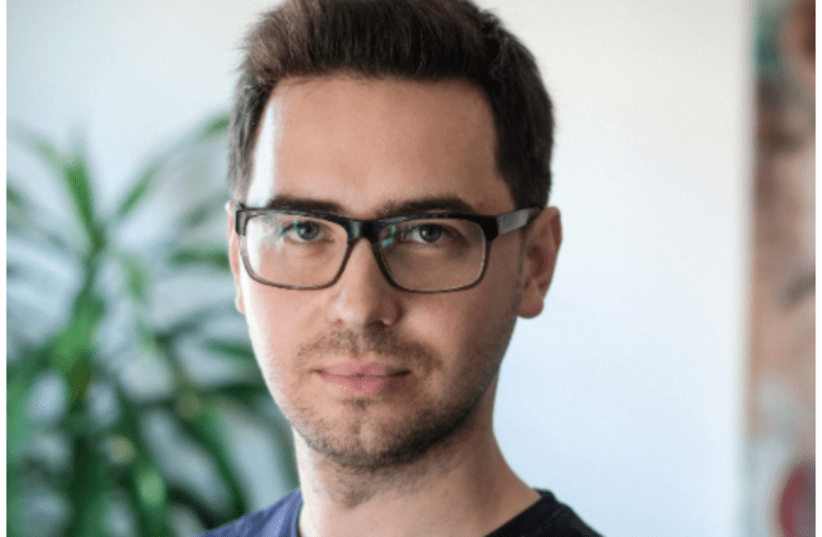Society has progressed beyond a time when national policies’ making and approval lay only in a select few hands. They were the only ones considered educated enough to understand matters of national importance. Most government systems today espouse government by the people, and hence the participation of the public in policy debates is mandatory. While many people use their social media accounts for entertainment, Denis Pakhaliuk says that you can leverage your social media presence to increase your political awareness and engagement, a development that the founding fathers of our political systems would have never envisioned.
Denis Pakhaliuk joins us today to talk about how Tech and social media have completely changed politics.
1.What do you think is the impact of mobile media on political participation?
We are witnessing a new golden age of political activism. All you need to participate in national discussions immediately is a Facebook or a Twitter account. Topics that are being frequently tweeted are measured and ranked. At any given moment, you can see what is driving the conversation across the nation. Social media platforms allow people to stay in touch with recent happenings in society and encourage them to participate in an active discussion with each other. This empowers individuals to voice their opinions, attempt to persuade others, and increase their sense of engagement in the political process.2.Can politicians use social media platforms for political communications and Media lobbying?
According to the trending topics strategy, media lobbying is a beneficial scheme. For instance, hashtags on Twitter could get topics trending and increase the reach with regards to audience. Through the power of social media, citizens can follow their political leaders and access their views and standpoint on different policies from their tweets.
Likewise, politicians can get a free and accurate sense of their citizens' minds across the land. Subsequently, politicians can use their social media platforms to gather more energy into issues at hand, such as debating the merits of new policies and convincing people to get on board with whatever political agenda they are pushing.
3. Denis Pakhaliuk, do you think that legal restrictions politically on social media are necessary?
As much as social media can be a force of so much good politically, social media critics have derided its effectiveness in moving the political debate. However, although people now have access to tremendous amounts of information, not all the notification is accurate. Malicious people can intentionally post wrong information to incite the public, which can threaten national security. Therefore, while freedom of speech is a legal right for all citizens, content regulation is necessary, especially for protection against misinformation on issues that could cause political tension nationwide.
Nevertheless, this should not provide leeway for governments to silence any kind of criticism from their citizens. Social media users need to be educated on courtesies, and their responses and comments toward political topics should be more objective. Until this is achieved, this will continue to be a grey area.
